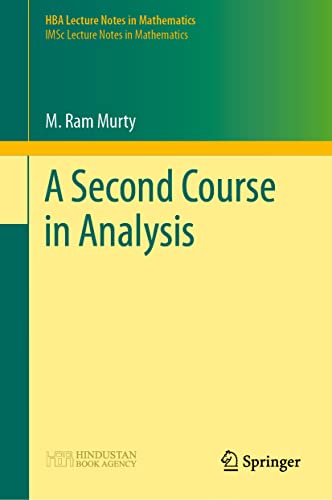

Most ebook files are in PDF format, so you can easily read them using various software such as Foxit Reader or directly on the Google Chrome browser.
Some ebook files are released by publishers in other formats such as .awz, .mobi, .epub, .fb2, etc. You may need to install specific software to read these formats on mobile/PC, such as Calibre.
Please read the tutorial at this link: https://ebookbell.com/faq
We offer FREE conversion to the popular formats you request; however, this may take some time. Therefore, right after payment, please email us, and we will try to provide the service as quickly as possible.
For some exceptional file formats or broken links (if any), please refrain from opening any disputes. Instead, email us first, and we will try to assist within a maximum of 6 hours.
EbookBell Team

4.7
16 reviewsThis book discusses major topics in measure theory, Fourier transforms, complex analysis and algebraic topology. It presents material from a mature mathematical perspective. The text is suitable for a two-semester graduate course in analysis and will help students prepare for a research career in mathematics. After a short survey of undergraduate analysis and measure theory, the book highlights the essential theorems that have now become ubiquitous in mathematics. It studies Fourier transforms, derives the inversion theorem and gives diverse applications ranging from probability theory to mathematical physics. It reviews topics in complex analysis and gives a synthetic, rigorous development of the calculus of residues as well as applications to a wide array of problems. It also introduces algebraic topology and shows the symbiosis between algebra and analysis. Indeed, algebraic archetypes were providing foundational support from the start. Multivariable calculus is comprehended in a single glance through the algebra of differential forms. Advanced complex analysis inevitably leads one to the study of Riemann surfaces, and so the final chapter gives the student a hint of these motifs and underlying algebraic patterns.